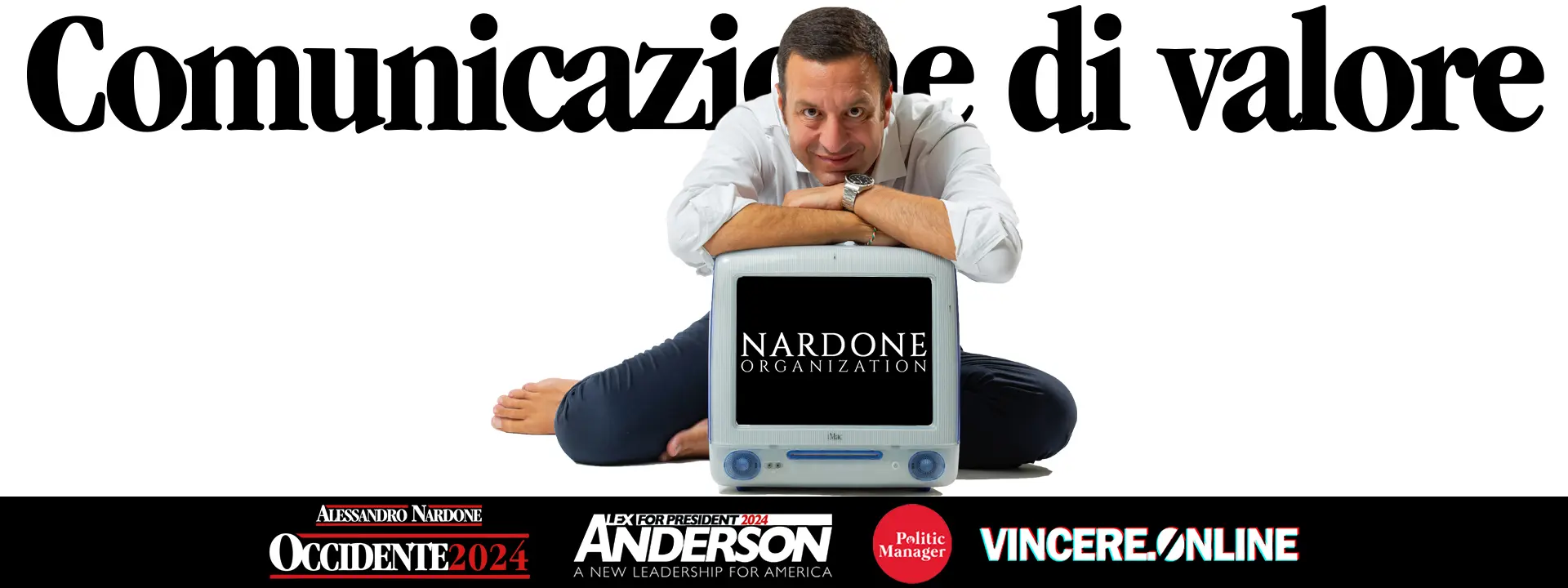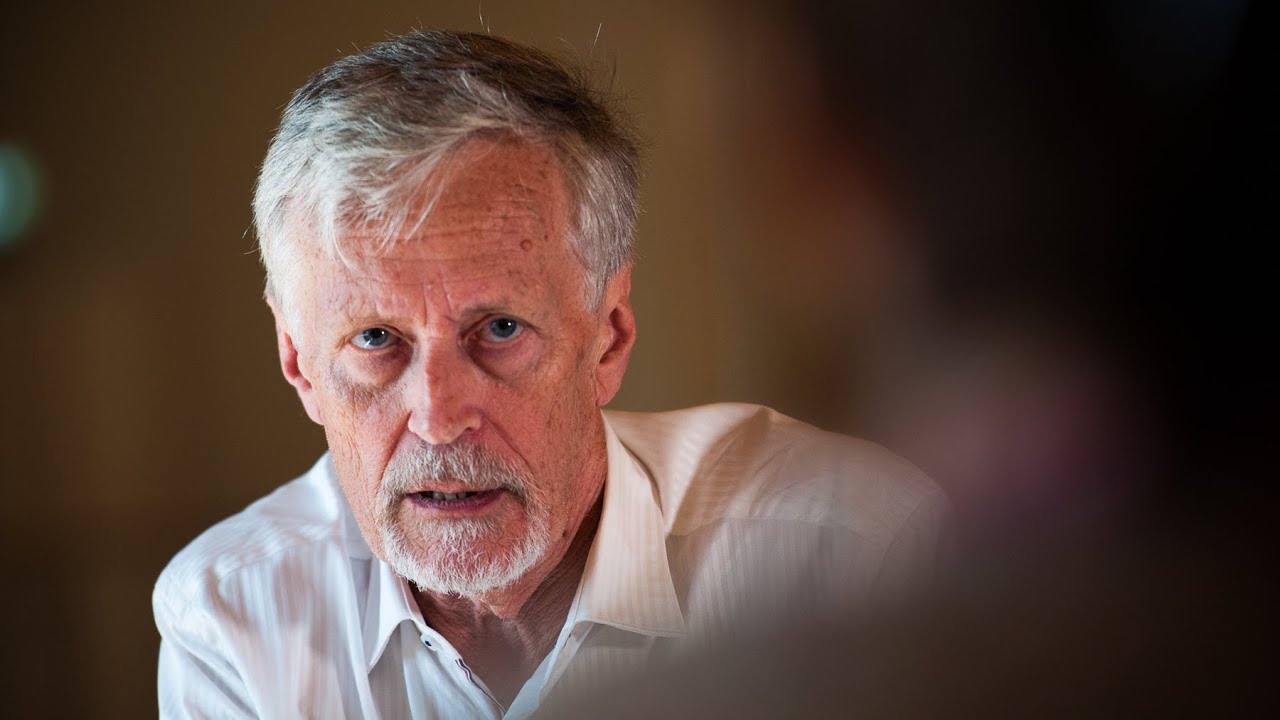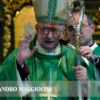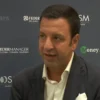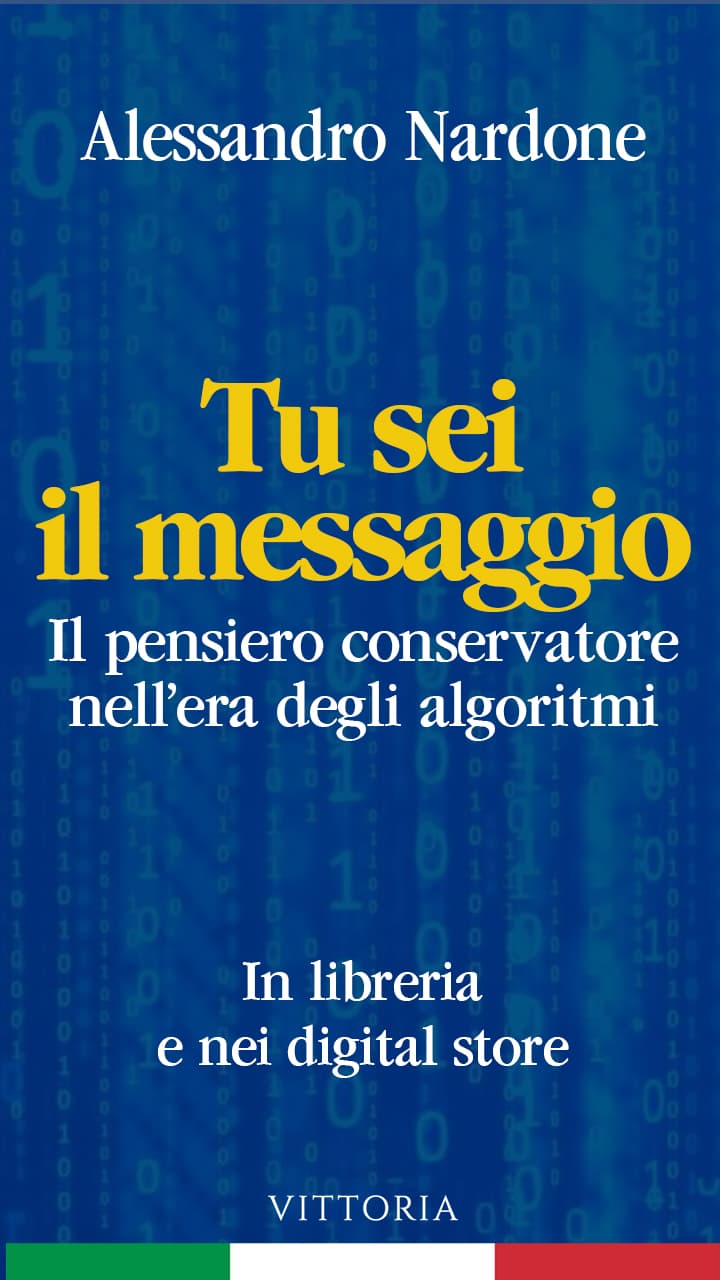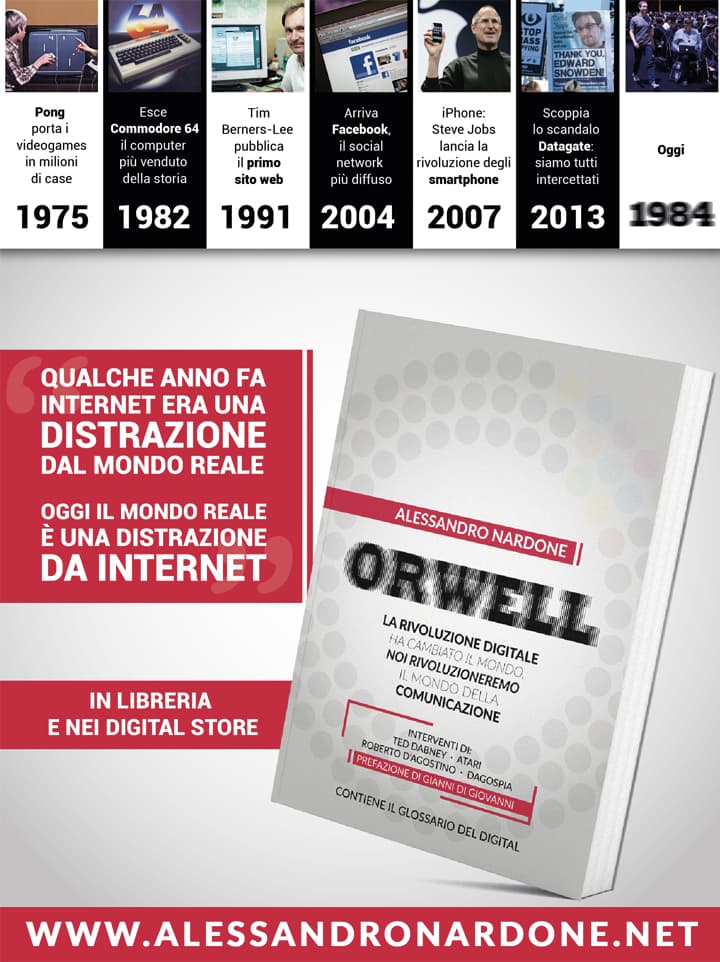Derrick de Kerckhove (Wanze, may 30th 1944) is a Canadian-naturalized Belgium-born sociologist and journalist. Sociologist, journalist and scientific director of Media Duemila, he directed the McLuhan Program in Culture & Technology of the University of Toronto from 1983 to 2008. He is the author of “The Skin of Culture and Connected Intelligence” and University Professor in the Department of French Language at the University of Toronto. Former lecturer at the Department of Social Sciences of the University of Naples Federico II, where he taught Sociology of digital culture and Marketing and new media. He is research supervisor at the PhD Planetary Collegium T-Node.
This is the incipit that Wikipedia dedicates to Prof. de Kerckhove, an absolute reference point, whose path under many aspects represents the evolution of the one started by McLuhan. Keep in mind that he was among the first to study the connections between neuroscience and the analysis of digital media: an intuition that today represents the base to understand the dynamics that shapes the changes that we are living in.
In 2016, I opened the first chapter of the book “Yes Web Can”, quoting a passage from “Alla ricerca dell’intelligenza connettiva” (In search of connective intelligence), illuminating speech in which, among other things, he stated that “we are in a state of permanent connection and this is both terribly interesting and charming. It is a kind of re-edition of the myth of Zeus Panopticon who knew where he was in the world all the time, but he has inside himself a great problem that conceals a serious danger: where our power of connection begins, the danger on our individual freedom begins too.” The fact that he pronounced these words not last week, but in 2001, says a lot about the foresight of Derrick de Kerckhove, as long as reading this interview will be an opportunity to understand the completeness of his vision, from here to the future decades.
Nowadays, writing a journalistic article often means having to find something which not only should be interesting for the reader, but also has the right visual elements in terms of image (photo, video and audio) to become viral on social media: in your opinion, does this fact limit or enhance the journalist’s ability to choose?
In this case, the medium is the real message. It all depends on the type of news. The Guardian for instance is very pertinent in the choice of images to encourage reading (I am thinking of Boris Johnson’s always ugly pictures) and wisely reserves podcasts and videos for news that requires different processing and live interviews. That said, transferring his thoughts to the pen or relying on the explanatory power of the image to precisely avoid thinking it’s different for the journalist. We remember that, under the shrill claim of the biblical character Mammon, always whispers the critical thought ‘s one; discreet, but really powerful.
It’s often said that the Internet is the place of “fast-food news”, because by now users have little time and only read short news. However, recently, some people invented the “slow news” as an alternative to this approach. Which side are you on?
Definitely among the latter ones. In general, fast food news is enough for most of the current news. The winning strategy for inviting the reader to go further is reducing the content not just to some “huddled” title followed by two lines, but to give these two lines priority, then expand the rest. There are even famous newspapers like the New York Times or Le Monde which I occasionally read on my phone and the Guardian, always. I think the summary, which has disappeared, is actually what we need today to invite the reader to read the complete text. I must admit that I read less the Italian newspapers except L’Espresso, and even in this case only when a title convinces me.
As Walter Lippmann wrote, the news build a sort of pseudo-environment, but our reactions to this environment are not pseudo-actions at all, but real actions. It is clear that the fake news phenomenon goes well beyond the classic fabrication and it proliferates following the reckless pursuit of “likes” and visualizations. In your opinion, what media, and journalists in general, need to regain the lost credibility?
McLuhan to Lippman: “All the news is fake news, for the simple fact that they are manufactured to adapt to the media on where they are distributed”. Reputation, credibility and authority are all that journalists and media need, they also need not to lose them at the first opportunity – consciously or not – remembering that some likes are not enough to regain them…
As mentioned, in Italy as elsewhere, the professional popularity of journalists (and the journalistic profession) is at its lowest level. What is in your opinion the most serious mistake committed by the operators in the sector?
Yelling with the wolves without any consideration for the journalistic ethics that cares about the verification of the news all the way and not commenting the true facts with a judgment that really helps us to understand them. We live in a period in when reliability of the news is more necessary than ever. The word of the journalist is and will always be essential, not only for democracy, but also for overall survival. But it always must be absolutely reliable. There is no grey area for this.
Beyond what some politicians believe, it seems clear now, on a global level, that bipolarity is no longer between right and left wing, but between the guaranteed elite and the unrepresented people. In addition to that there’s the all-Italian paradox of a democracy without the spaces in which a ruling class can be born and grow by training and not by co-option. On what basis and with what tools (including information) will it be possible – according to you – to build a new and authentic connection between the people and the ruling classes?
The disappearance of the right and left wings depends on the disappearance of the ideology that motivate and justify the belonging to a political bloc. Nowadays all the ideologies appear false and supported by politicians without shame who, perhaps, do not even believe in it. Facts – real or false – have taken the place of ideologies. The revival of populism doesn’t come from the so-called people, but from dictators who understood that there are more and more uneducated people, without a real knowledge or an informed judgment, victims of the emotional flows without any intellectual resistance, but with the same voting power of each manager, educator, doctor, banker, scientist and also politician who employed years of study, work and experience in order to acquire competence. Trump, Johnson, Orban, Erdogan, etc. they are cunning ambitious who perfectly know three things to maintain the power: one, they can lie all the time and about all the things they need; two, they can count on at least one third of the electorate which trusts them without any discussion or ability or desire of criticism; and three, the opposition, although twice as numerous, is increasingly drowned and divided so it doesn’t no longer represent an effective resistance.
In my opinion, the divorce between the ruling class and the electoral base is definitive, partly because, especially in Italy, the leadership, for a long time, well before and beyond Mani Pulite or Lavajato in Brazil, behaved and continue to behave without any remorse nor dignity, as thieves of the future of their own people, without morals, taking advantage of unequal wages and all the opportunities that the power offers. The rubbish in the most beautiful cities in the world is the striking example of a non-government.
So what can we do to get back in shape one of the richest countries in the world in terms of human and cultural resources? To restore confidence in the Italian people, politicians must show that they want to contribute to general well-being and not just to themselves. I see three basic points:
1 Having a fresh start with the expenses of the public administration and the State’s public services to find the right balance between employment and reward. And partly, with the money saved, renovating the public infrastructure (roads, ports, airports, railways, communications, removal of domestic and industrial waste, relamation of rivers, etc.).
2 Considering national education at the same level as military defense and sharing with that the national budget to truly reform the public education system, far beyond the timid and almost pointless recent reforms. The future of Italy, like the one of the democracy tout court, does not depend on military but on education.
3 Reduce the typical gerontocracy of Italian positions of power and support, from the lowest to the highest level, social and technological innovation during the unavoidable digitalization of all the economy and society’s sectors.
As it happened in the past with television, today the needs of the Web control our culture and, on the Internet, people live or die of clicks, because they guarantee power and profits from advertising. Is there a way to overcome the Google-Facebook dualism?
Yes. First charging the GAFA (acronym of Google, Amazon, Facebook and Apple, ed) with proportional taxes for the money they earn from their operations in Italy. Then applying the law (which is very difficult in Italy) on the distribution of fake news, hate messages, trolls etc., according to the basic principle that, if the first culprit – generally difficult to trace – is the person or authority that produced the source, those ones, like these large platforms, which propagate them, must be considered co-responsible and pursued by the law not only to immediately remove the harmful news, but also to compensate for the damages created. Then, if they want to honestly contribute to a sustainable development not only of the Italian economy, but above all, to their own long-term future, they need to conclude a genuine collaboration agreement with the Countries involved. On the other hand, the already digital culture will find its own balance at the time.
Thanks to Snowden we know that Orwell was right and every single action we perform online is intercepted, monitored and cataloged. This means “control”, which, in turn, is a sensational instrument of power increased by the “censorship” imposed thanks to politically correct clichés. How much of this “technological totalitarianism”, do you think that it’s objectively the fault of who should properly inform, so the journalists?
But who do journalists think they are? Their fault isn’t certainly there. The fact is that they do not understand, or pretend not to understand, that the current absolutely Orwellian situation, now faster and faster, it’s not only a change of power or censorship, not even of “technological totalitarianism”, but it’s a change of technological determinism. The Chinese and American Governments, realizing the unexpected control possibilities allowed by the new technologies, forget the true dimension of the problem. In fact, neither they nor all the powerful control people, but the technology itself, with its impressive growth, its unstoppable development and with its power of inertia takes control. The role left to the powerful by the unrestrained digitization is only to help its progress, like the Aikido.
One of the most frequent suggestions among information professionals is “robot journalism”, so the use of software capable of creating meaningful texts without human intervention. In perspective, do you see it more as an opportunity or a threat?
Thank you for this question because it serves as confirmation to the previous answer; the automatic creation of the piece of news (even video) is only one of the obvious manifestations, among the others, of how the machines, or rather the Leviathan machine, takes power over us until it no longer needs us to implement our shamelessly more precious intellectual and creative gifts: judgment, invention, memory, imagination, etc. In the same way, without even questioning about himself or it, the journalist has always taken for granted that he was the master of the writing, from his childhood, back in the days spent learning the alphabet, the writing began to take power over him, reformatting him into an individual, giving him a new control over the language. The same thing happens with the digital, which is not limited to taking possession of the writers, but, this time, of all humanity, volens nolens.
In your opinion is there a remote possibility that journalism – as an institution – may disappear, replaced by a new way of transmitting knowledge to people, perhaps in a “mechanical” way, or in any case with the definitive affirmation of the induction principle which currently the algorithms use to “select” the news for us?
This is the real question of Farenheit 451. Journalism will disappear if writing disappears as an individual practice. The already so threatened democracy will also disappear, because writing, people, journalism and civil liberty come together and can’t be really separated. In order to maintain a private identity, it is necessary to cultivate it in the silence of the mind, of reading for ourselves. However, there already are systems able to understand the effects of reading a novel or a piece of news on our Kindle or Kobo according to the emotions traced by facial movements, heartbeats, saccadic rhythms of the eyes, etc. I’m not saying that all this is already happening, but it is certainly predictable. If Chinese social credits are now able to judge and evaluate all our transfers, movements and ordinary activities in real time to better control one billion or more of people, I don’t see why stopping it in front of the temptation to invade the thought. In order to avoid our complete robotization, governments and Western education systems will be forced to support reading on paper and newspapers outside of any screen.
How do you think we will read the news in 5 years?
Are you kidding me?! The news will read us, not the other way around. It’s already more or less like this!

